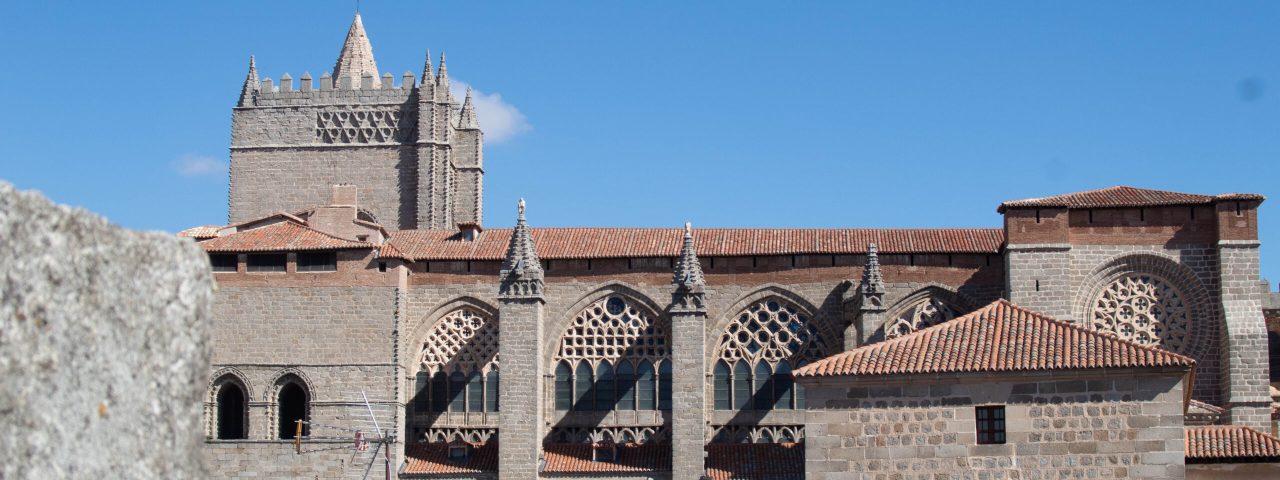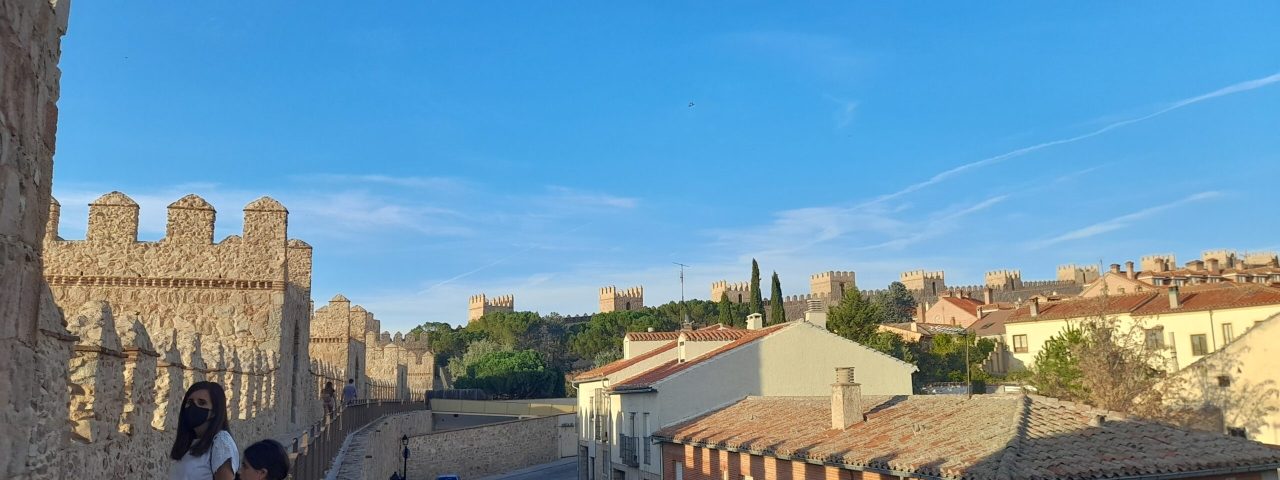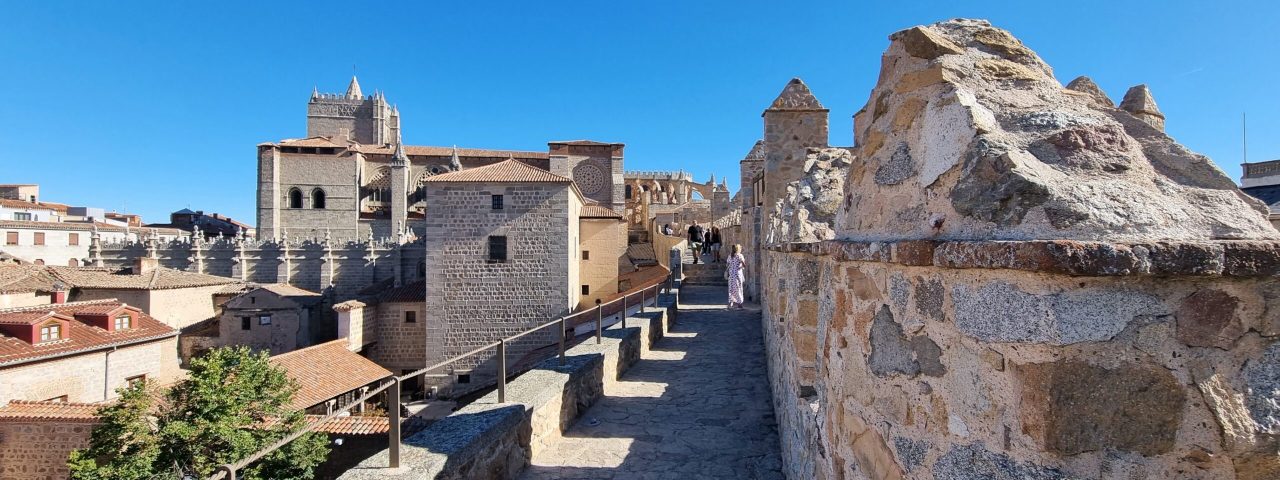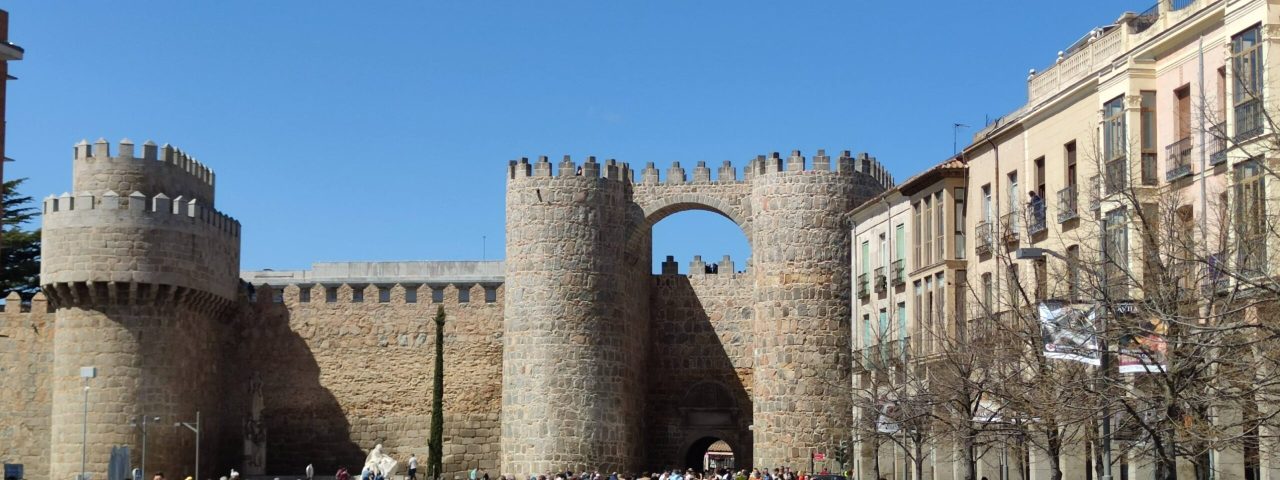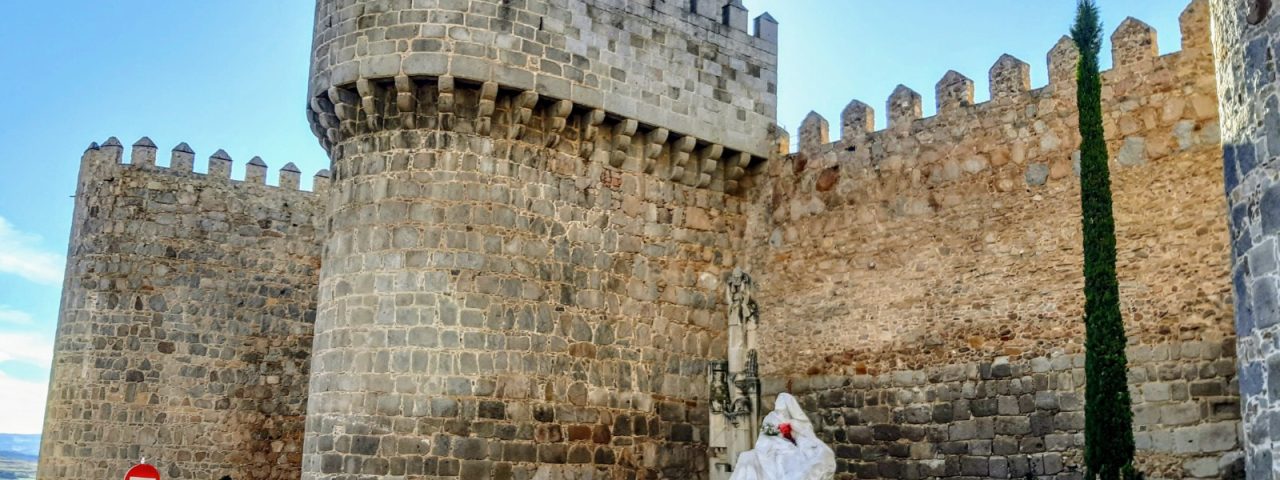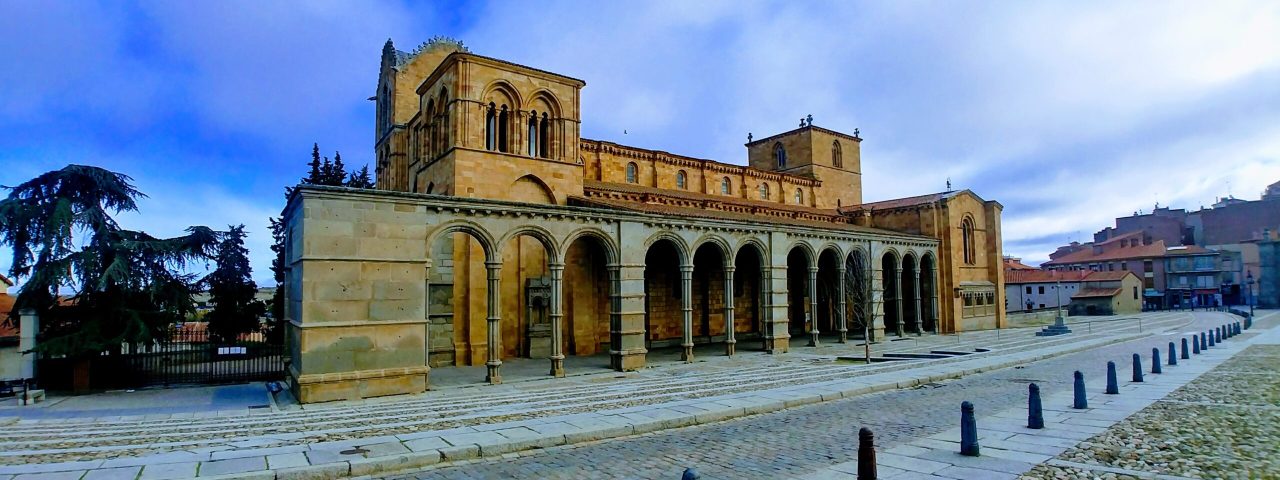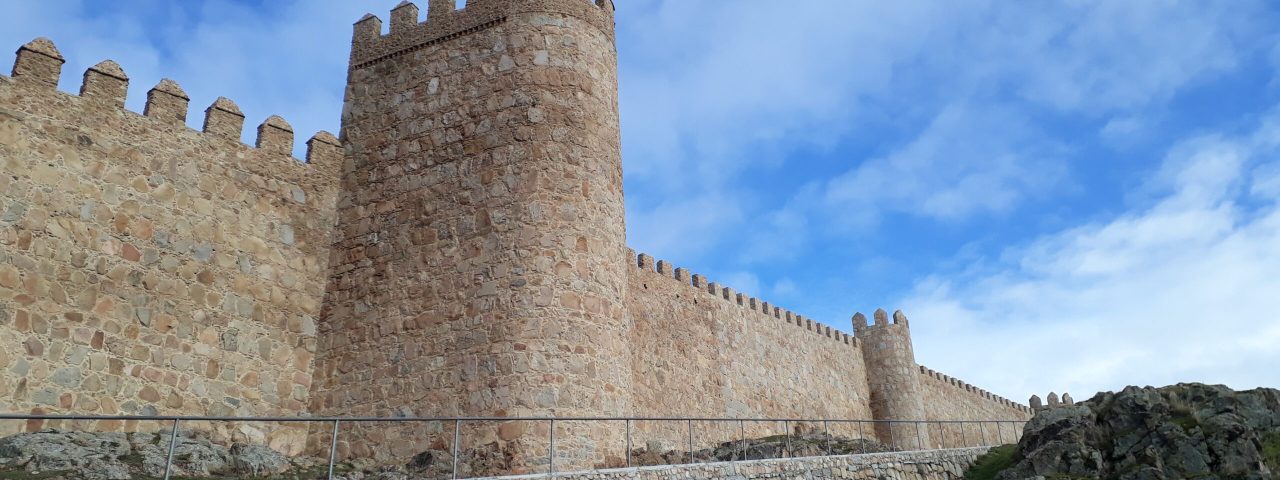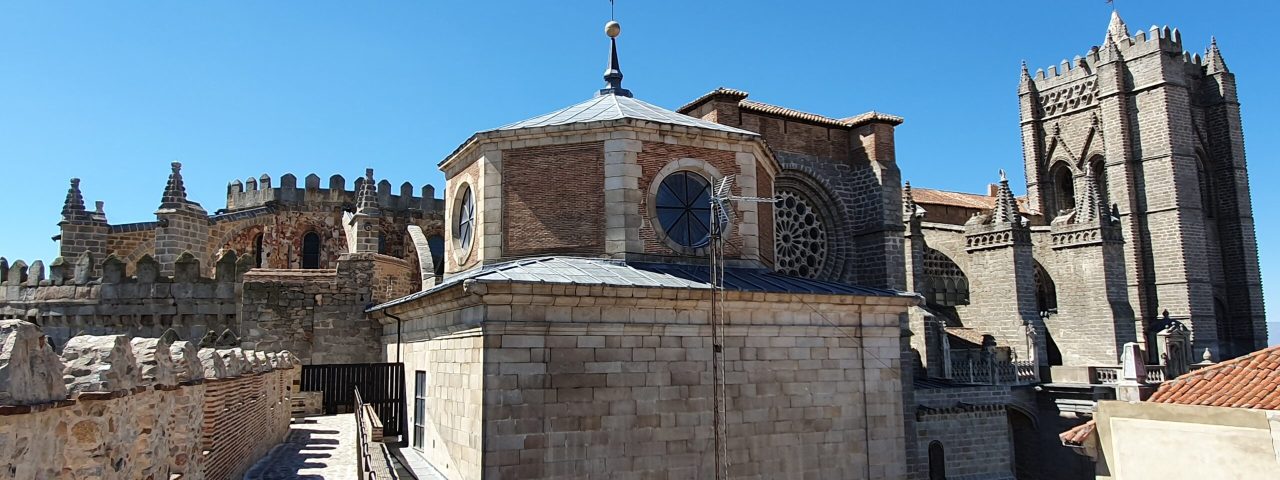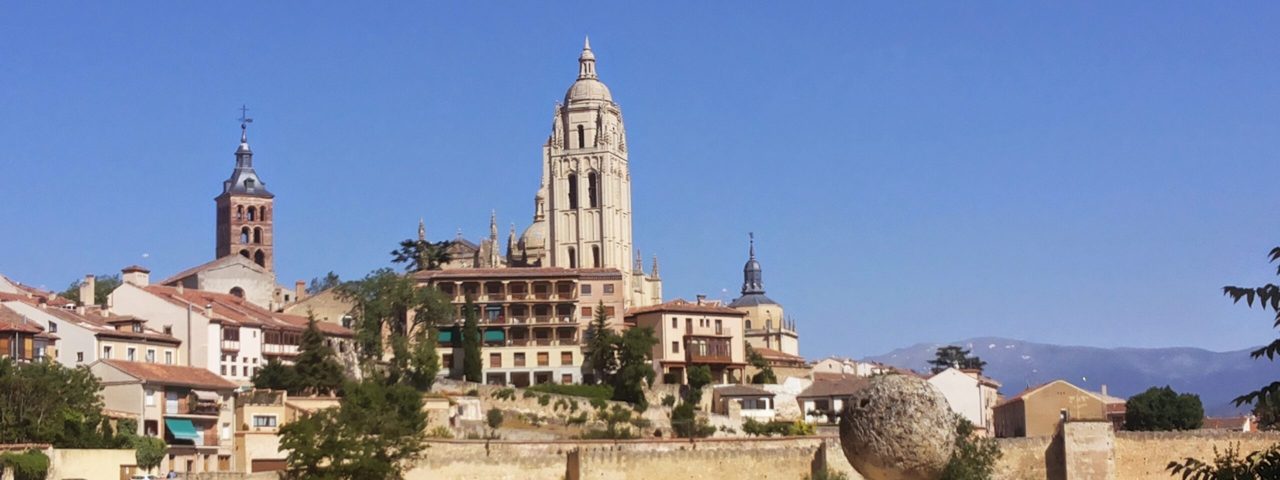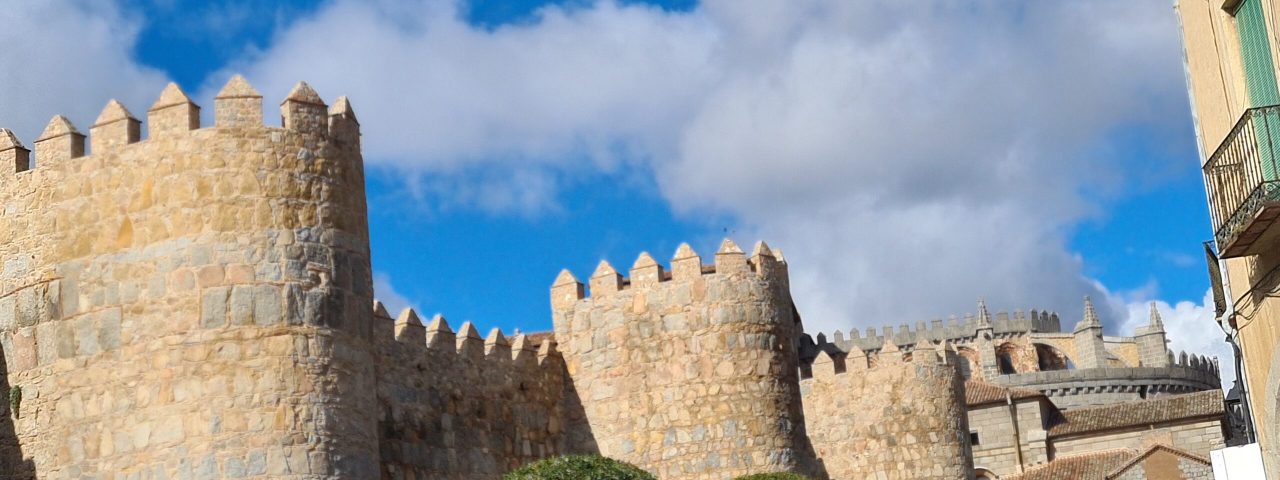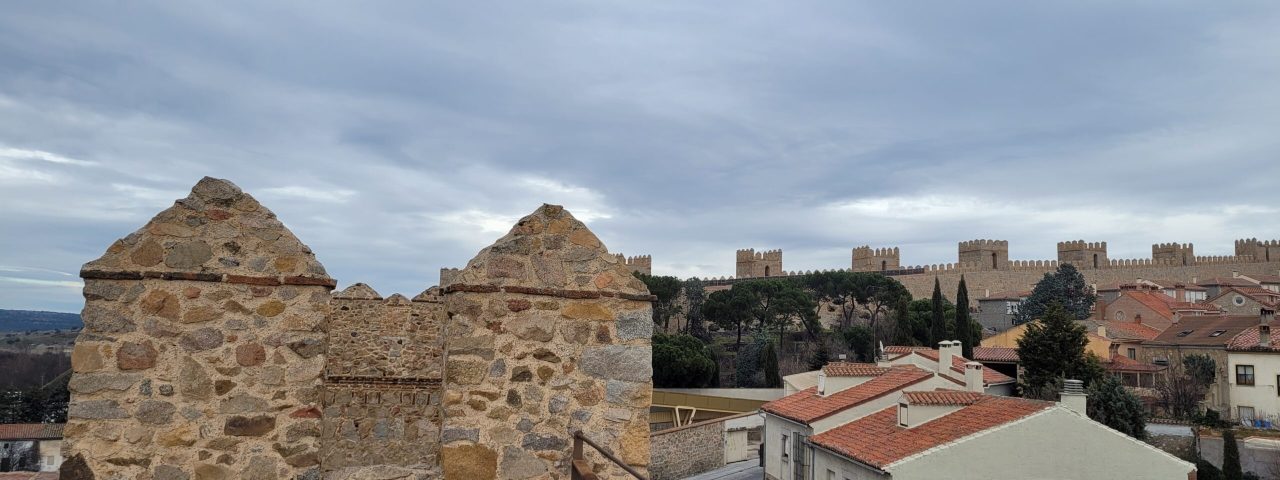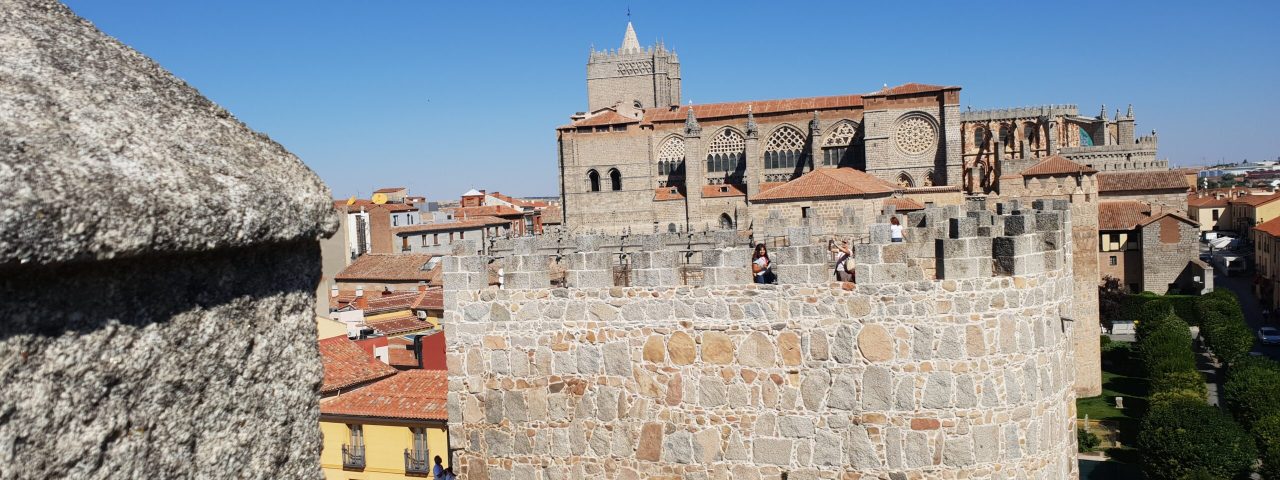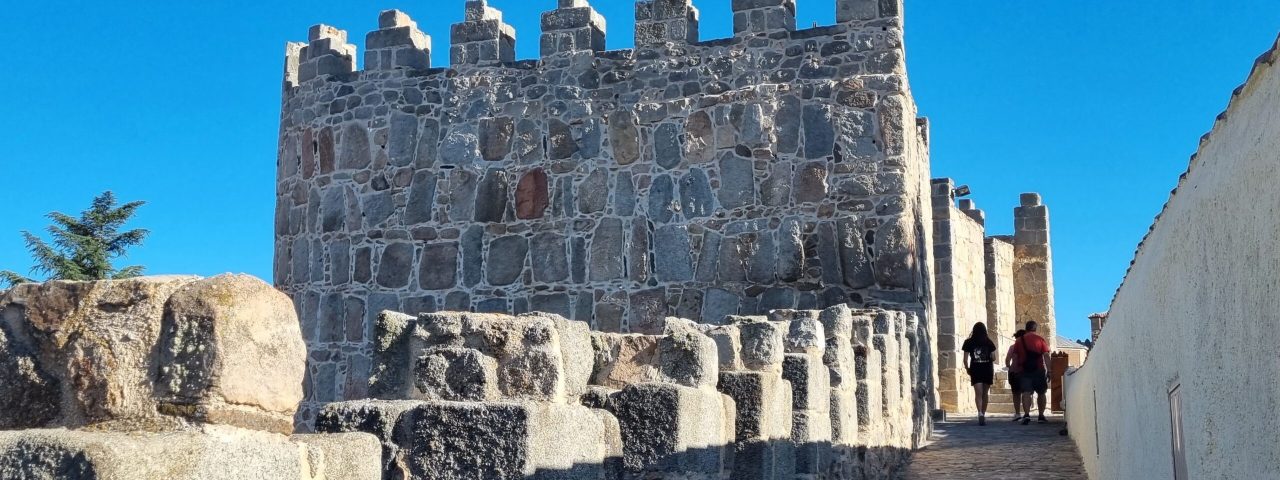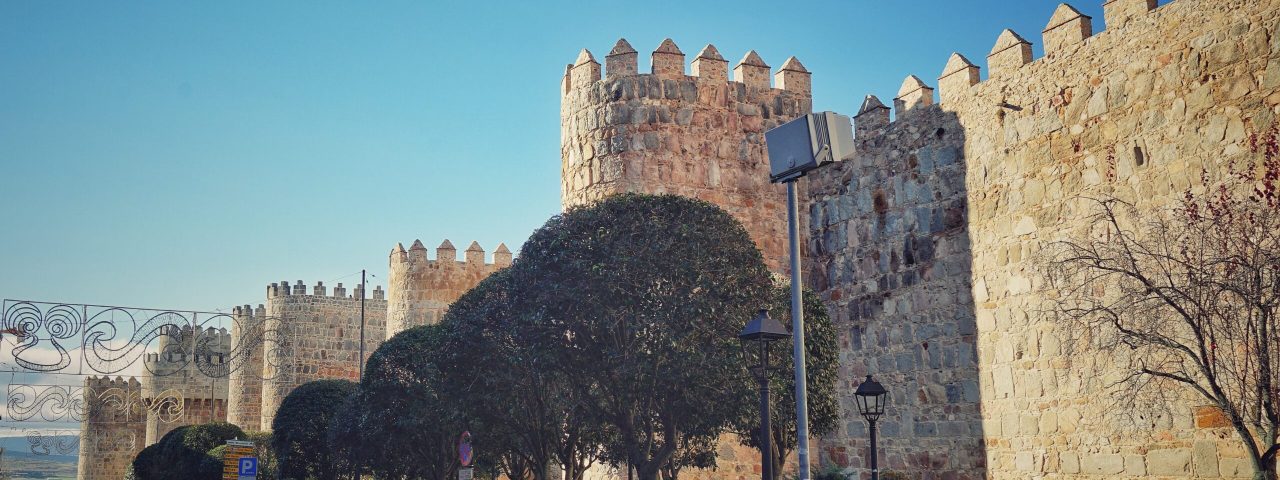Ávila’s history dates back over two millennia, with origins rooted in the Roman Empire. However, the city is most famously associated with the Middle Ages, particularly during the Reconquista, when it became a significant Christian stronghold. Ávila’s most iconic feature, its nearly intact medieval city walls, was constructed between the 11th and 14th centuries to defend against Moorish invasions. These massive walls, stretching over 2.5 kilometers and containing 88 towers, remain one of the most impressive examples of medieval military architecture in Europe.
Ávila is also closely linked to Saint Teresa of Ávila, one of Spain’s most revered religious figures, who was born here in 1515. Her legacy can be felt throughout the city, with many sites dedicated to her life, including the Convent of Saint Teresa and the Cathedral of Ávila. The city is a pilgrimage destination for those following in her footsteps.
Culturally, Ávila hosts several annual festivals, the most notable being the Festival of Saint Teresa in October, which celebrates the life and works of the saint with religious processions, music, and traditional events. Another highlight is the Medieval Market held in September, where the city is transformed into a living history museum, with artisans, performers, and reenactments bringing Ávila’s past to life.
